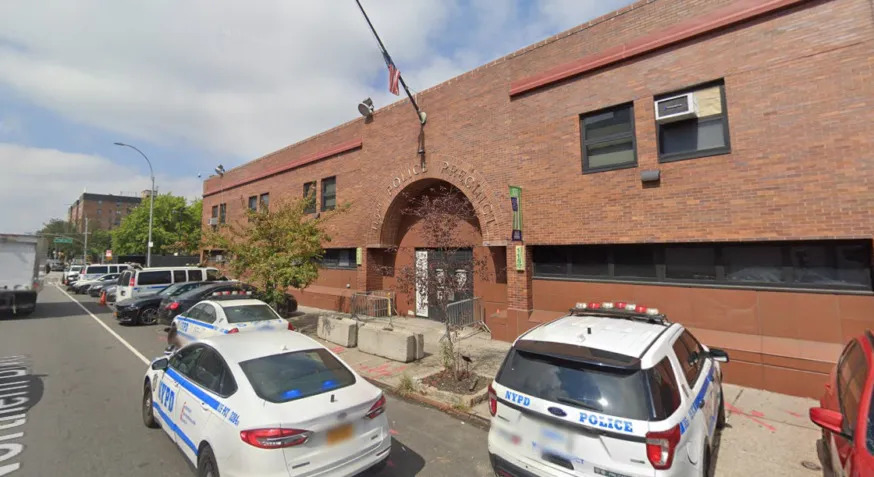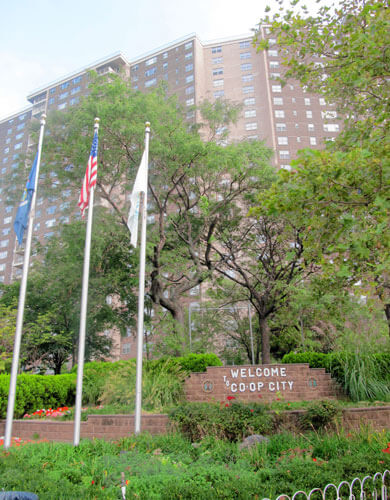It is all about friability.
A lawsuit over whether a costly asbestos abatement program at the Bronx’s largest housing development is necessary all boils down to that one word – meaning the ability of a solid substance to be broken apart.
Riverbay Corporation, the management company for the sprawling Co-op City has sued the City of New York and the Department of Environmental Protection over being forced to perform costly asbestos abatement every time it replaces tiles in an apartment.
It has been doing so, at great cost, since 2005.
Traces of a benign form of asbestos, chrysotile, have been found encased in the glue between tiles and the floor originally installed in the development 38 years ago, accoridngt to court papers filed Dec. 7 by Riverbay’s attorney Steve Kaufman.
“The asbestos is totally encapsulated in the glue,” said Kaufman. “Even if you break up the tile, it is encapsulated in the glue. Even if you have a fire, you cannot get it out. You would have to have a fire of at least 1500 degrees Fahrenheit to get it out.”
In a Nov. 18 letter to Governor Cuomo and Darryl Towns, commissioner of the state division of housing and community renewal, Kaufman said the asbestos abatement for tile replacement costs Co-op City about $4 million annually, raising maintenance costs for its 15,372-unit residents roughly 4% a year. It is unnecessary, he said.
“The bottom line is that there is no friability,” said Kaufman, and without friability, there is no way to get an asbestos related ailment.
Both Kaufman and Vernon Cooper, general manager for Riverbay Corporation, said extensive testing has shown that there is no friability when the tiles are removed, and therefore no need for asbestos abatement.
“It also makes it almost impossible to have someone’s floor tiles removed, and new ones installed, on the same day,” said Cooper.
Generally speaking the asbestos abatement, including air testing, takes place on one day, and the actual tile replacement takes place on a second day, said Cooper.
“It is ridiculous,” he said.
A spokesman for the city said the both the federal and state government set the standards for compliance at Riverbay.
“We are still in the process of reviewing this new lawsuit,” said Gabriel Taussig, chief of the administrative law division at the city Law Department.
“However the plaintiffs seem to be asking that the City simply ignore existing asbestos rules imposed by U.S. EPA [Environmental Protection Agency] and New York State Department of Labor that set health and safety standards to protect residents, workers and the environment,” she said.
“Co-op City is not alone in having to comply with these asbestos abatement procedures. Other buildings in the City have been required to undergo similar abatement programs this year.”
Patrick Rocchio can be reach via e-mail at procchio@cnglocal.com or by phone at (718) 742-3393





















